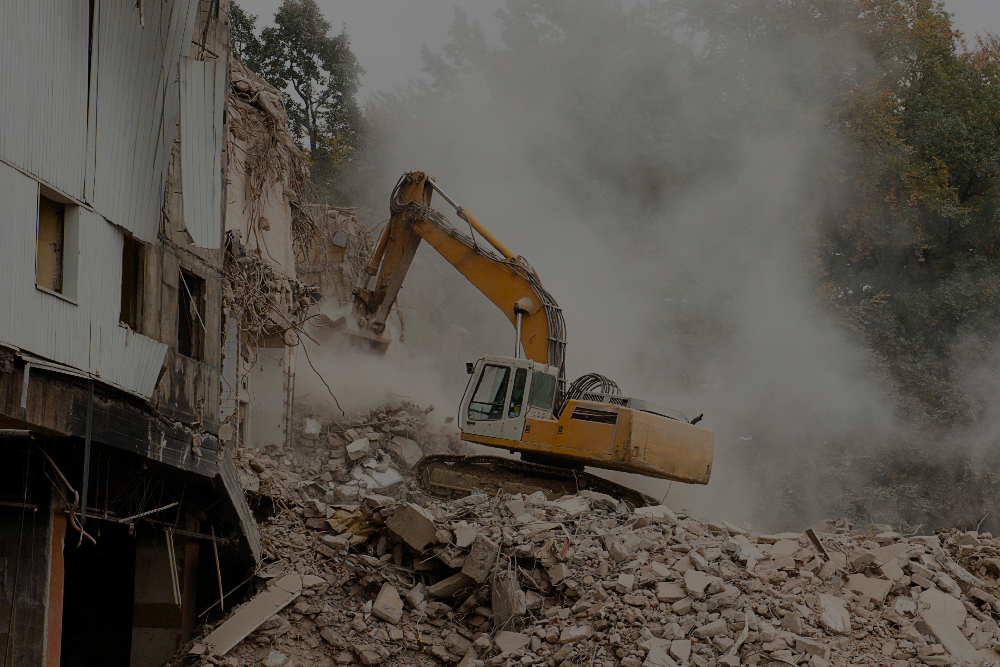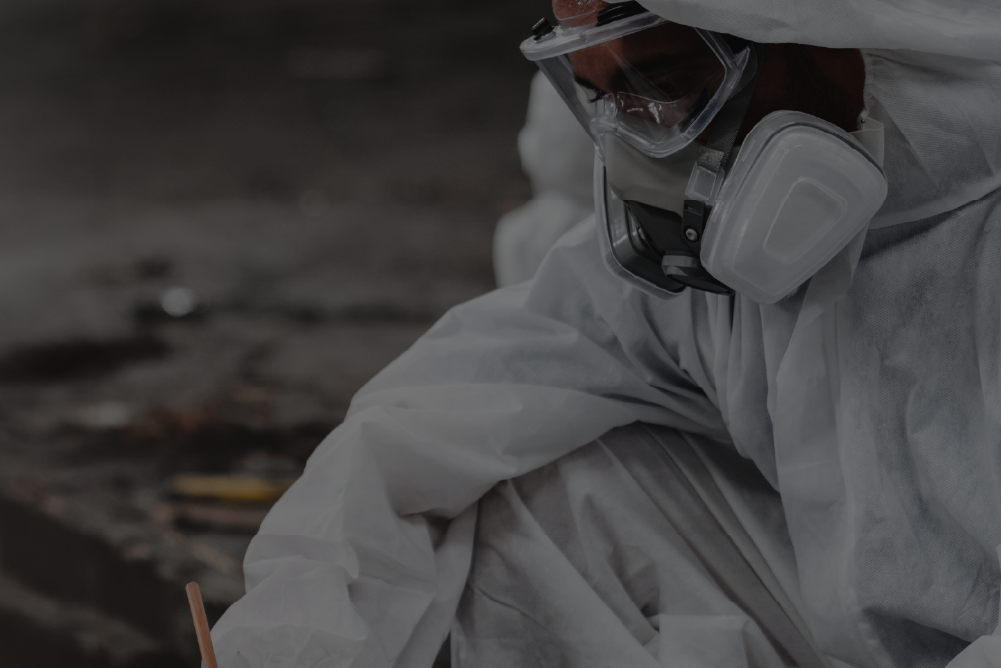Malignant mesothelioma is a rare disease in the general population. About one person per million contracts this aggressive cancer, which is caused by exposure to asbestos products. By way of comparison, about 215,000 people were diagnosed with lung cancer in 2009 versus about 3,000 who were diagnosed with mesothelioma. As a result, the ability for research scientists to rapidly gather data about the disease is limited by the number of patients seen by the researcher’s facility. Fortunately, the International Mesothelioma Program (IMP) at the Brigham and Women’s Hospital in Boston has helped to solve this problem and advance research in this area because of its extensive tumor bank and patient registry.
International Mesothelioma Program Shares Tissue Samples to Advance Research
The International Mesothelioma Program, under the leadership of Dr. David Sugarbaker, sees approximately 300 mesothelioma patients for consultation each year. Last year, over 160 of these patients also underwent surgery. The IMP maintains a patient data registry as well as a tumor bank of all patients who are seen at Brigham and Women’s Hospital for mesothelioma treatment. Because the International Mesothelioma Program works collaboratively with the Dana-Farber Cancer Institute, mesothelioma patients treated at any of these facilities become part of this important patient data registry. If surgery is performed, their pathology material is preserved in the International Mesothelioma Program’s tumor bank as well.
There is significant research underway at the International Mesothelioma Program using the tissue samples and the data from the patient registry. However, the IMP also recognizes the importance of advancing mesothelioma research in other hospitals and cancer institutes. Accordingly, the IMP readily shares the information in the patient data registry and the tissue samples from the mesothelioma tumor bank with researchers at other cancer centers to advance the study of the development of mesothelioma and how to treat this disease.
One such researcher is Dr. V. Courtney Broaddus, a professor of medicine at the University of California at San Francisco. Dr. Broaddus is studying the role played by other cells such as immune cells around the mesothelioma cells. She studies macrophages to understand the role they play in assisting the mesothelioma tumor’s growth. To do this research, the IMP sends tumor tissue to Dr. Broaddus via Federal Express from tumors that are resected from patients. After the overnight flight from Boston to San Francisco, the tumor cells are still alive when they arrive. Dr. Broaddus commented that this just shows how tough and hardy these mesothelioma cells are. She grows these cells in vitro to observe the growth of the macrophages. Growing these cell lines also enables her to test various treatments on mesothelioma cells.
Research Comparing Surgical Results Based On Patient Age
Although the International Mesothelioma Program was officially formed in 2002, a patient data registry has been maintained for many years because patients have been treated at the Brigham and Women’s Hospital for mesothelioma since the 1980s. The database has 400 fields, so all kinds of information has been captured and recorded for 2,000 patients.
One example of the type of research that has been conducted involves a study done by Dr. Andrea Wolfe of the IMP and Brigham and Women’s Hospital. Dr. Wolfe compared the outcomes for mesothelioma patients having either an extrapleural pneumonectomy or a pleurectomy with decortication and were 65 years old and older. She found that older patients fared less well immediately after the extrapleural pneumonectomy, but in terms of longer term outcomes of those who survived the surgery, both surgeries produced similar results. She was able to do this research retrospectively looking back at 227 patients who were in the patient data registry.
Attorneys Recognize Valuable Resource for Mesothelioma Research
Attorney Richard DeRobertis, who has successfully represented hundreds of mesothelioma clients, remarked that the IMP’s patient data registry and tumor bank are, “an incredibly valuable resource for scientists so they can do cutting edge research that will eventually lead to a cure for this devastating disease.” While DeRobertis and his law firm Galiher DeRobertis & Waxman have been able to obtain fair compensation for their mesothelioma clients and their families, the untold suffering caused by mesothelioma can only be addressed by medical research being done by Dr. Sugarbaker, the IMP and other scientists.






